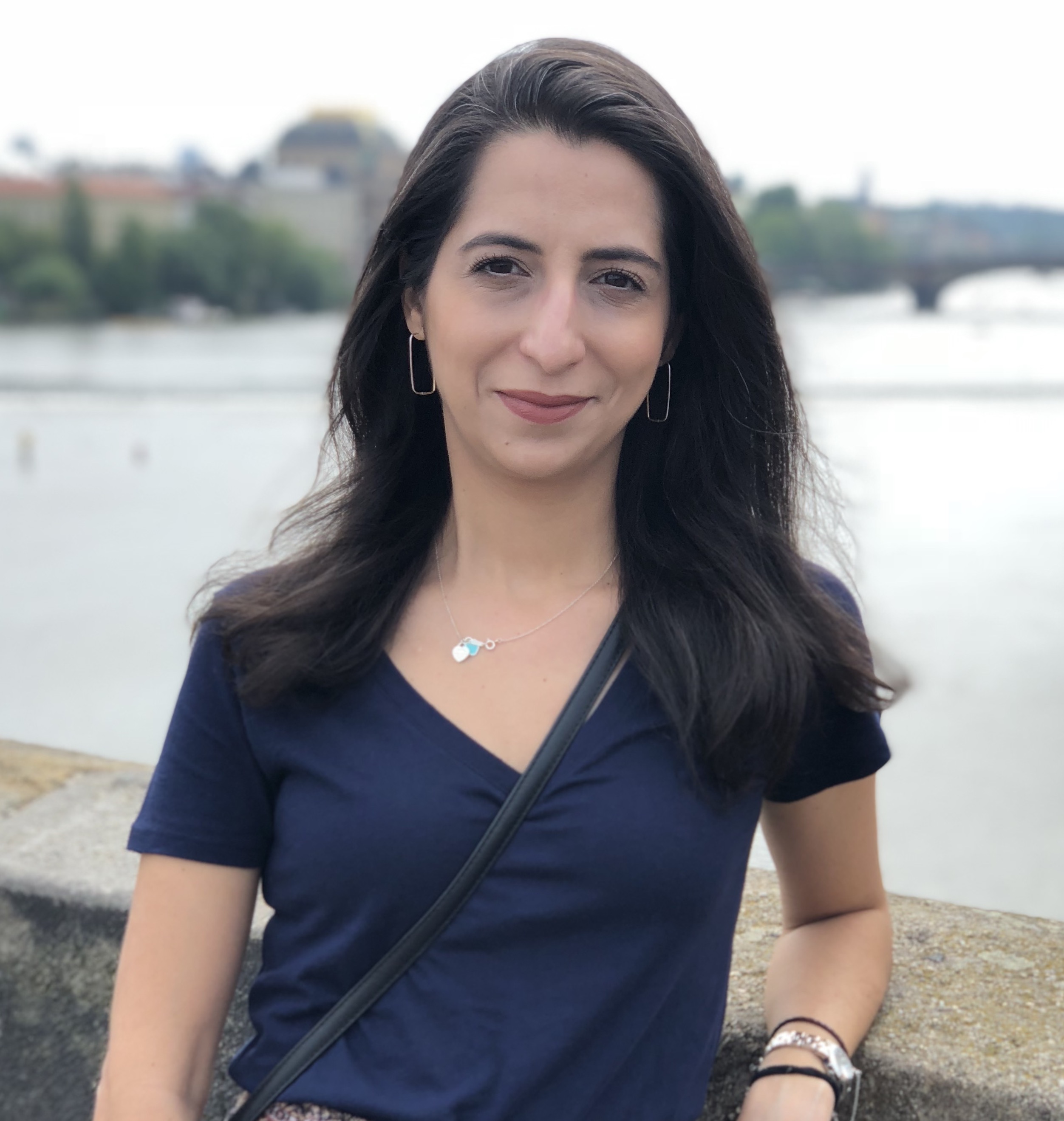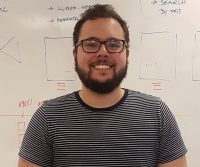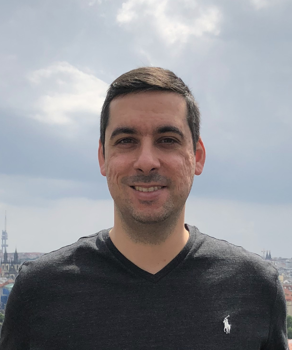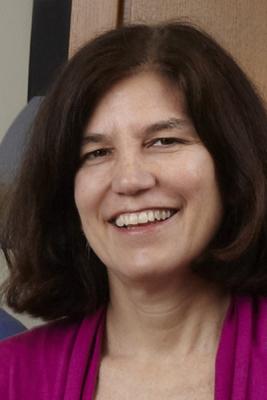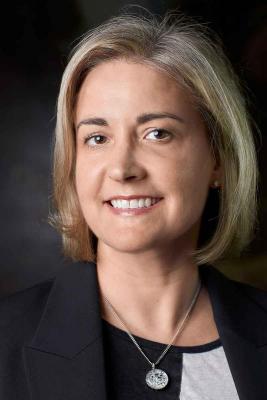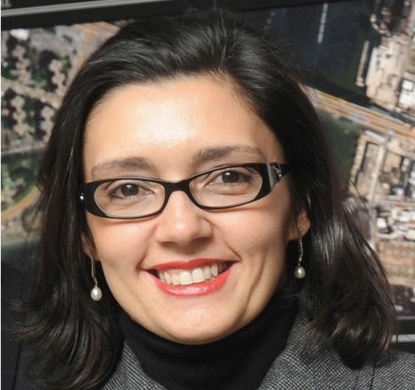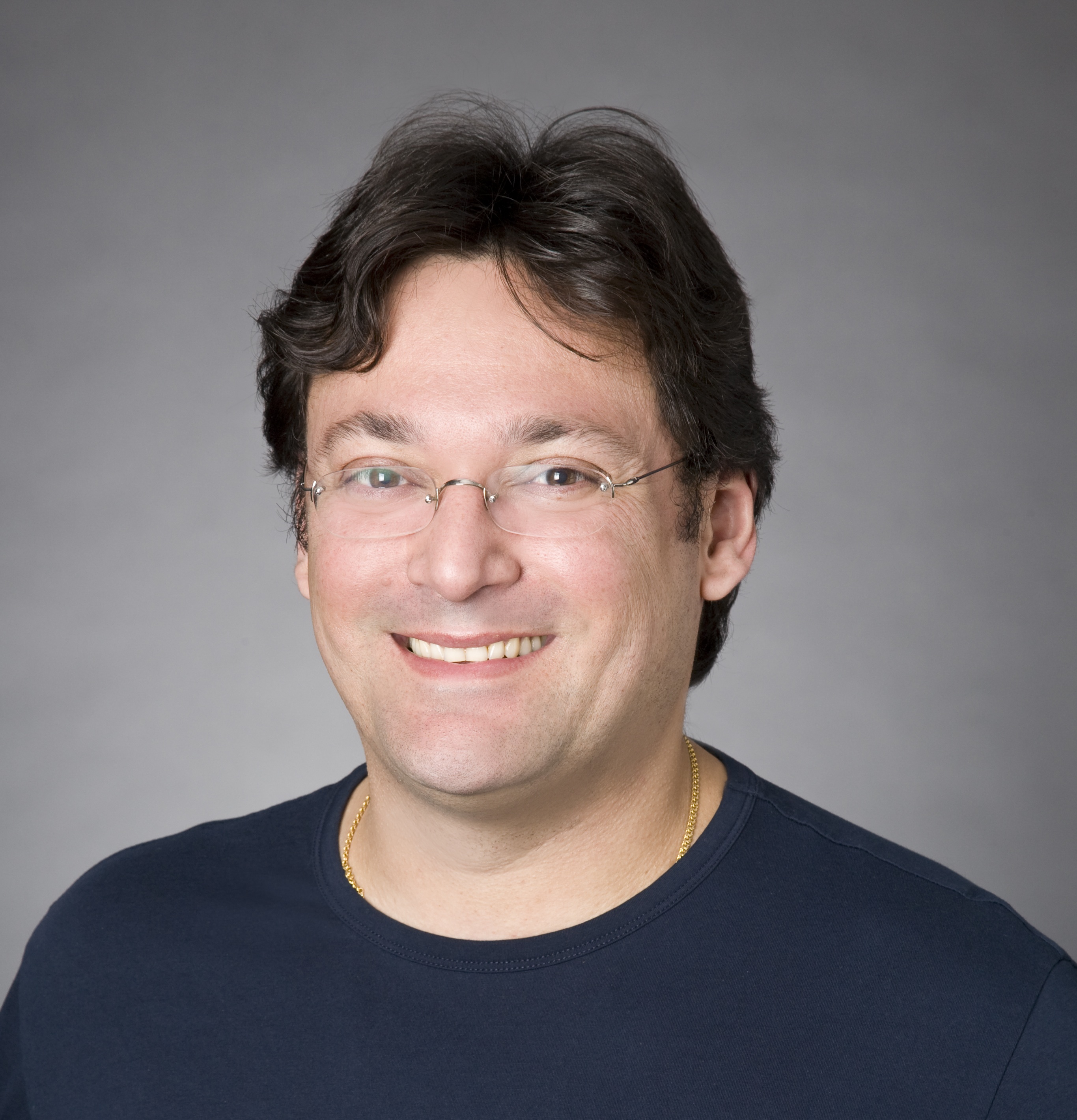About
Art historians have traditionally used physical light boxes to prepare exhibits or curate collections. On a light
box, they can place slides or printed images, move the images around at will, group them as desired, and visually
compare them. The transition to digital images has rendered this workflow obsolete. Now, art historians lack
well-designed, unified interactive software tools that effectively support the operations they perform with physical
light boxes.
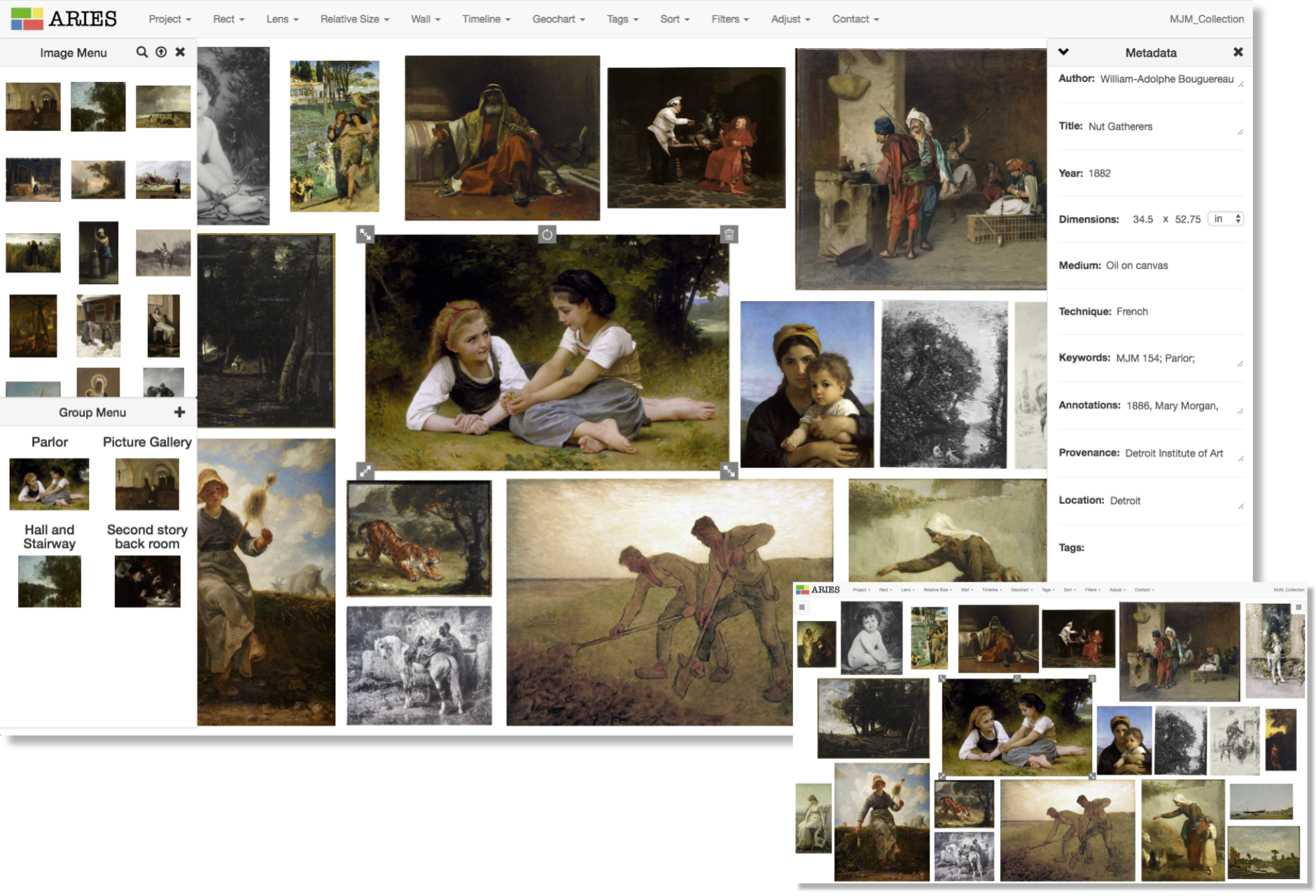
To address this problem, we designed ARIES - ARt Image Exploration Space, an interactive image manipulation system
that enables the exploration and organization of fine digital art. The system allows images to be compared in
multiple ways, offering dynamic overlays analogous to a physical light box, and supporting advanced image comparisons
and feature-matching functions, available through computational image processing.
ARIES was presented at 2017 IEEE Visualization Conference and publised at Computer Graphics & Applications:
